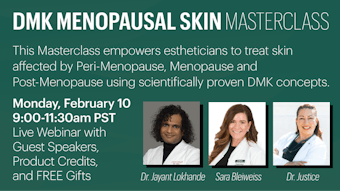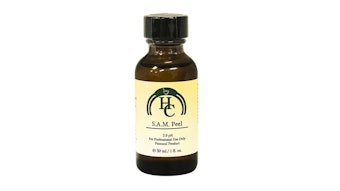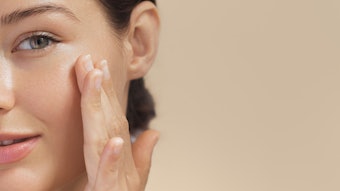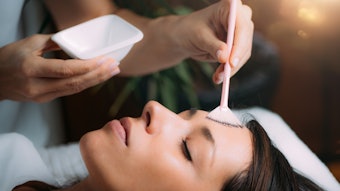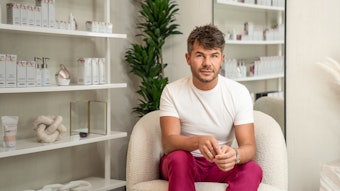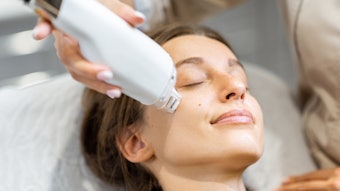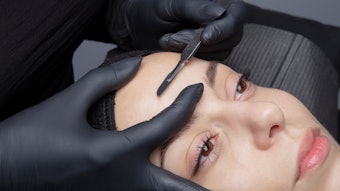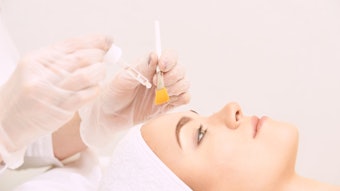
The quest for the perfect skin care routine can cause patients to stick with the same products and treatments for years. Once that "Holy Grail" skin care treatment is found, it can be hard for clients to try something different. This is where many patients erroneously end their skin care routine.
“Almost as a defense mechanism, [skin] can develop resistance to some products, especially stronger peels or chemicals, like benzoyl peroxide.” — Sharad Paul, M.D.
Sharad Paul, M.D., New Zealand-based dermatologist and author of “Genetics of Health: Understand Your Genes for Better Health,” said many factors are at play when it comes to the skin.
“The skin is our largest organ and is exposed to the environment, both external toxins and internal, [such as] diet and disease,” he said. “Almost as a defense mechanism, it can develop resistance to some products, especially stronger peels or chemicals like benzoyl peroxide.”
Environmental Factors
Paul notes that environmental factors play a large role in skin health and can affect skin balance during extremes of hot and cold weather or the changing of seasons. Additionally, he said spicy food, dairy, smoking and excessive sweating can interact and hinder the efficacy of products.
“The body works on a fine balance of many internal chemical reactions that are facilitated by enzymes and proteins—skin is no different,” said Paul. “Anything that affects this balance can affect the skin’s pH and cause it to react abnormally.”
Resistance in Acne Patients
For most patients, the only sign of resistance is simply a lack of noticeable improvement. Danae Markland, vice president of business development for PCA SKIN, said this is commonly seen in patients who use oral antibiotics for acne treatment.
"Some stronger topicals need to be added to a regimen slowly to allow the skin to adjust." —Danae Markland, vice president of business development for PCA SKIN
“With most topical skin care products, the skin will accommodate to products over time,” she said. “Some stronger topicals need to be added to a regimen slowly to allow the skin to adjust. This is true with retinol, some highly stable vitamin C products and some acne products.”
Overuse of exfoliators or peels can contribute to product resistance. Paul recommends completely avoiding toxic whitening agents, like hydroquinones, and treading lightly when it comes to strong benzoyl peroxide as it affects “calcium-independent activity of protein kinase-C.”
Evolving a Skin Care Regimen
Markland recommends switching to a new product or a product with stronger actives to kick-start a client’s results if he or she is no longer seeing improvement. However, beware of switching products too frequently as doing so can cause irritation.
“The skin continues to change at various rates and in various ways depending on the individual,” she said. “It is only if someone no longer thinks he or she is seeing results he or she may switch to a different product.”
For medical spas, this means getting a solid understanding of the patient’s home care regimen as well as treatments received by estheticians outside of your practice. Markland advises that clients see a skin health professional on a monthly basis, which allows the clinician to assist with editing a skin care regimen appropriately.
